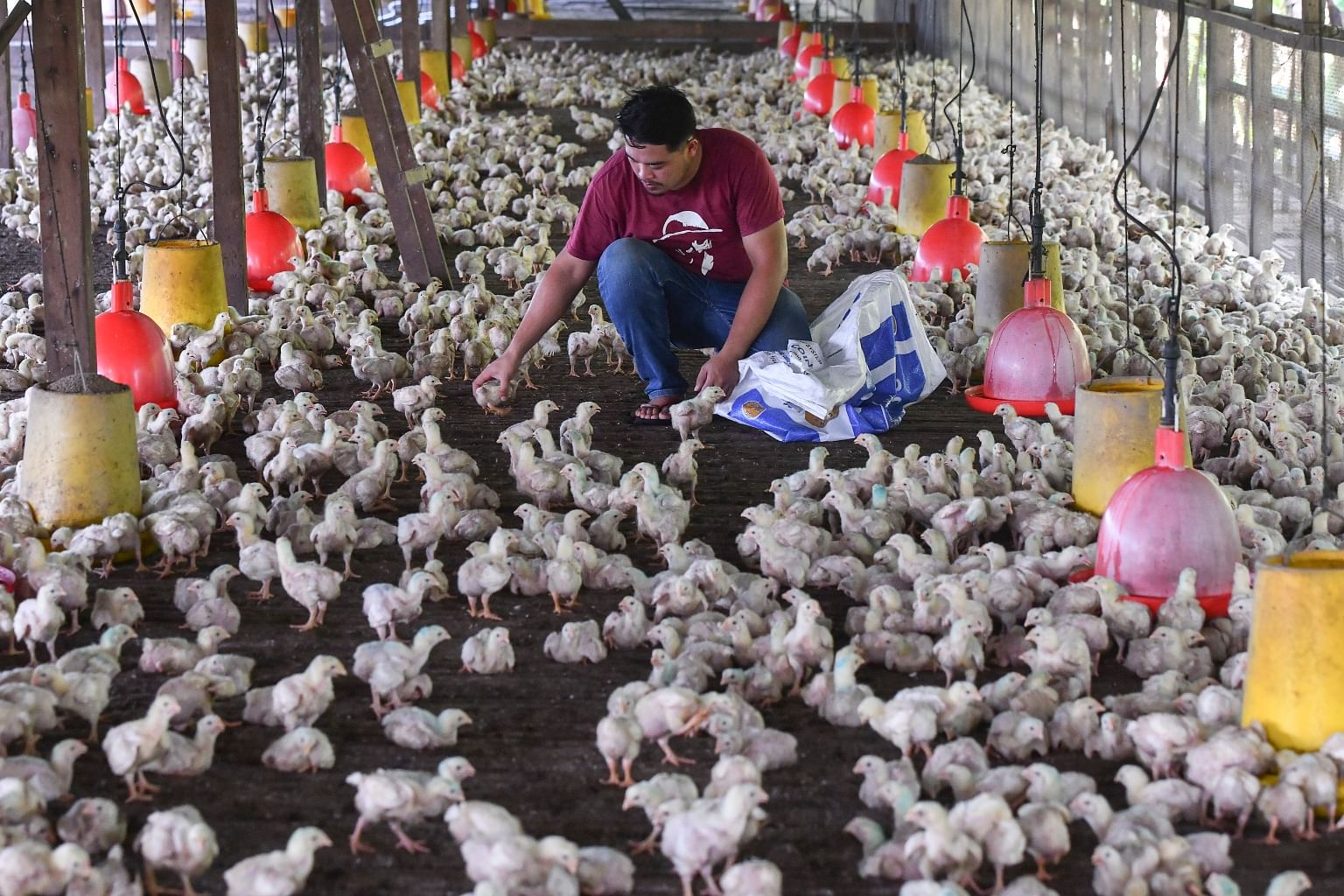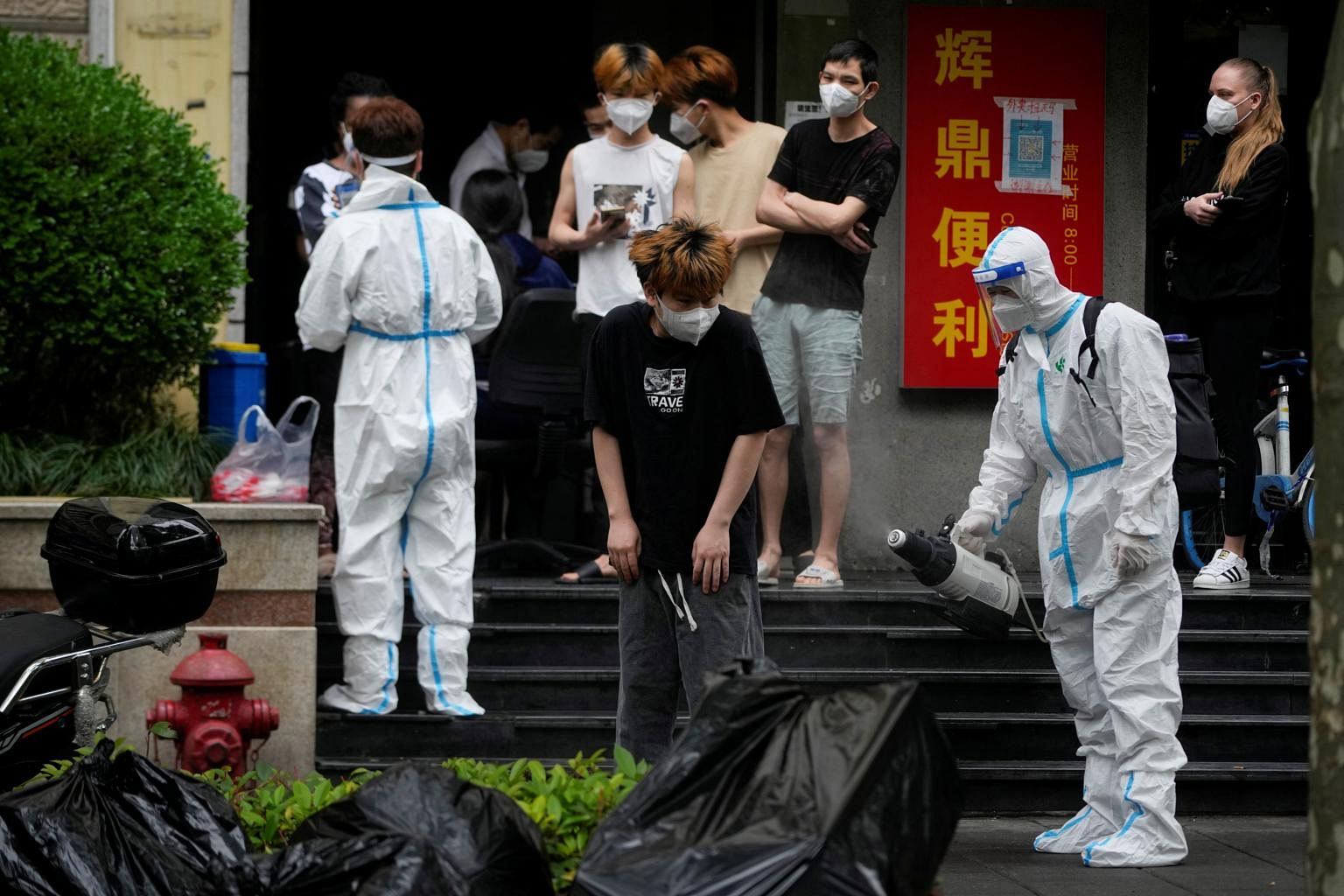Dear ST reader,
We hope you’ve been keeping well.
In our Asian Insider newsletter this week, we look at the upshot of US President Joe Biden’s visit to Asia with analysis from our correspondents in Washington, Seoul and Tokyo. Meanwhile food security, and protectionism, hits closer to home as Malaysia takes steps to boost supply and control prices by halting chicken exports.
Tour of Asia: Key takeaways

Twelve countries signed up for the Indo-Pacific Economic Framework for Prosperity (IPEF) launched by Mr Biden in Tokyo, displaying the region's appetite for US economic engagement. But that enthusiasm was tempered by caution against alienating China, reports Charissa Yong.
Also in Tokyo, the four-nation Quad grouping comprising the US, India, Japan and Australia unveiled a maritime tracking initiative to “respond to humanitarian and natural disasters, and combat illegal fishing". This effort is part of the public goods demanded by the region, analysts tell Nirmal Ghosh, and could demonstrate the Quad’s value if it’s executed well.
Heavy on deterrence and low on incentives. This was how one analyst described the joint statement issued by Mr Biden and South Korea president Yoon Suk-yeol on North Korea’s growing nuclear arsenal, bringing them no closer to finding a solution, report Chang May Choon and Walter Sim.
Discover more about how the US and China stack up as they rival for influence in South-east Asia. This neat interactive graphic sums it up. Or you can listen to Charissa and Danson Cheong discuss the issues.
Read more:
Drifting towards an Asian Nato
The 20-year quest for a code of conduct
Food security

Malaysia this week joined countries like Indonesia and India to halt food exports in a bid to manage soaring prices and supply shortages at home, report Hazlin Hassan and Nadirah H. Rodzi. The ban on exporting 3.6 million chickens monthly starts June 1, but critics say it will not revive supplies hit by high feed costs, and longer-term solutions are needed.
The government also removed the licensing system that limits imports for most food items, but analysts tell regional correspondent Leslie Lopez more counter-measures are needed. Listen to the discussion on our Regional Round-up podcast with Leslie.
The issue is a global one, reports Shefali Rekhi from Davos, where David Beasley, executive director of the UN’s World Food Programme warned that the food availability crisis could affect everyone in about a year's time.
Davos

After a two-year hiatus, political and business leaders gathered again at the World Economic Forum this week to discuss issues affecting the global economy. The war in Ukraine was not just top of the agenda at Davos, it featured prominently in many sessions at the Swiss alps retreat, from energy security to food prices and the role of business in geopolitics, writes editor-in-chief Warren Fernandez. Meanwhile China, poorly represented this year due to Covid-19 restrictions at home, was the “elephant in the room” in many of the discussions, which referred to its rising power and refusal to criticise Russia for invading Ukraine.
Read more:
Water scarcity: Global crisis of lives and livelihood
Relocating after lockdown

Singapore is a popular destination for well-heeled Chinese looking to relocate as China continues to impose tough measures to stamp out Covid-19, reports Aw Cheng Wei from Beijing. While the rest of the world moves on and learns to live with the virus, people in China are fatigued from lockdowns and fretting over their livelihoods, says bureau chief Tan Dawn Wei.
Listen to the latest podcast on Singapore’s war on the virus and how the island state learnt to adapt its measures as the pandemic evolved. And read the highlights from our book In This Together: Singapore’s Covid-19 story.
Human-induced heat wave

The blistering heat wave assailing India and Pakistan has been made 30 times more likely to happen due to human-induced climate change since the pre-industrial era, according to a team of international climate scientists, reports Debarshi Dasgupta from New Delhi. Shelters set up for daily wage workers in the Indian capital are being used as a refuge from the soaring temperatures, he writes.
Rural comforts

How do you stop a town of old people from disappearing? Lay down a fibre optic cable, for starters. Kamiyama, in Tokushima prefecture is a shining example of Japan’s “Digital Garden Nation” programme to attract young, talented people from elsewhere to build a healthy population in deserted rural towns, reports Walter Sim in the latest dispatch of Letter from the Bureau.

